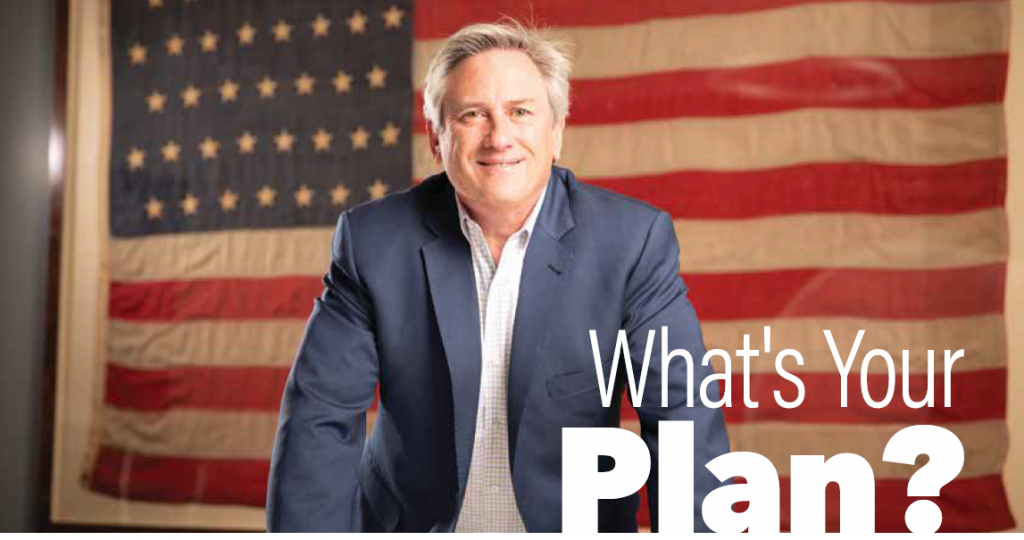Have you ever wondered who in Washington, DC, makes decisions that affect our daily financial lives? We know that Congress is actively passing legislation, known as fiscal policy, that directly impacts our Wall Street investments, i.e., tax legislation. But what is Congress’s role? Congress is the legislative branch of the federal government that represents the American people and makes the nations’ laws. It shares power with the executive branch, led by the President, and the judicial branch, whose highest body is the Supreme Court of the United States.
The Federal Reserve System (Fed) is the central bank of the United States. It was founded by Congress in 1913 under President Woodrow Wilson to provide the nation with a safer, more flexible, and stable monetary and financial system. Among the responsibilities of the seven Presidentially appointed Board of Governors, commonly known as the Federal Reserve Board, the main governing body, is overseeing twelve Federal Reserve Banks and helping form and implement the monetary policy of the United States. The role of the member network of 12 Federal Reserve Banks is to guide monetary policy action, to analyze domestic and international economic and financial conditions, and to lead committees that study current issues, such as consumer banking laws and electronic commerce. The Federal Open Market Committee (FOMC), consisting of all seven members of the Board of Governors and the twelve regional Federal Reserve Bank presidents, is the Fed’s monetary policymaking body. It is responsible for formulation of a policy designed to promote stable prices and economic growth.
On February 20, 1946, President Harry S. Truman signed Public Law 79–304, which is also cited as the Employment Act of 1946. The Act “created in the Executive Office of the President a Council of Economic Advisers.” The Council (CEA) comprises three members: the chair, the vice chair, and a third appointee. The President appoints the chair by the advice and with the consent of the Senate. Each council member, “as a result of training, experience, and attainments,” should be “exceptionally qualified to analyze and interpret economic developments, to appraise programs and activities of the government, and to formulate and recommend national economic policy to promote full employment, production, and purchasing power under free competitive enterprise.
The National Economic Council (NEC) was established in 1993 to advise the President on U.S. and global economic policy. It is part of the executive office of the President. By executive order, the NEC has four key functions: to coordinate policymaking for domestic and international economic issues; to give economic policy advice to the President, to ensure that policy decisions and programs are consistent with the President’s economic goals, and to monitor implementation of the President’s economic policy agenda. Working with many department and agency heads within the administration, the NEC director coordinates and implements the President’s economic policy objectives.
Also advising the President and policy makers are think tanks. The term denotes an organization whose purpose is to research and address specific issues of vital importance. There are about 1,984 think tanks in the United States who are constantly researching solutions to a variety of the world’s problems and then arguing, advocating, and lobbying for policy changes at local, state, and federal levels. Some think tanks, such as Brookings Institution, Heritage Foundation, Hoover Institute, Peterson Institute, Cato Institute, and World Economic Forum have become household names and are cited frequently by major news organizations.
While there is premeditated influence targeting the President’s agenda that originates from a labyrinth of varied sources, the end result of economic and fiscal policy implementation often has an enriching and at times a blunt and brutal impact on our Wall Street investments.



